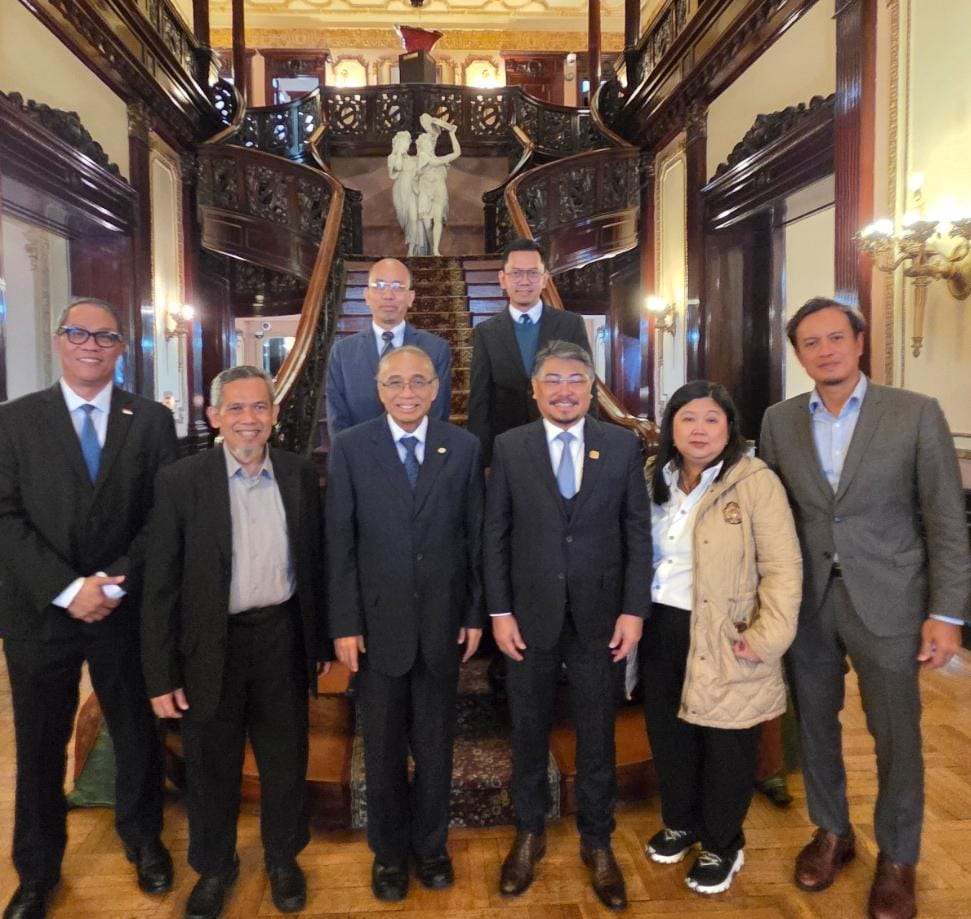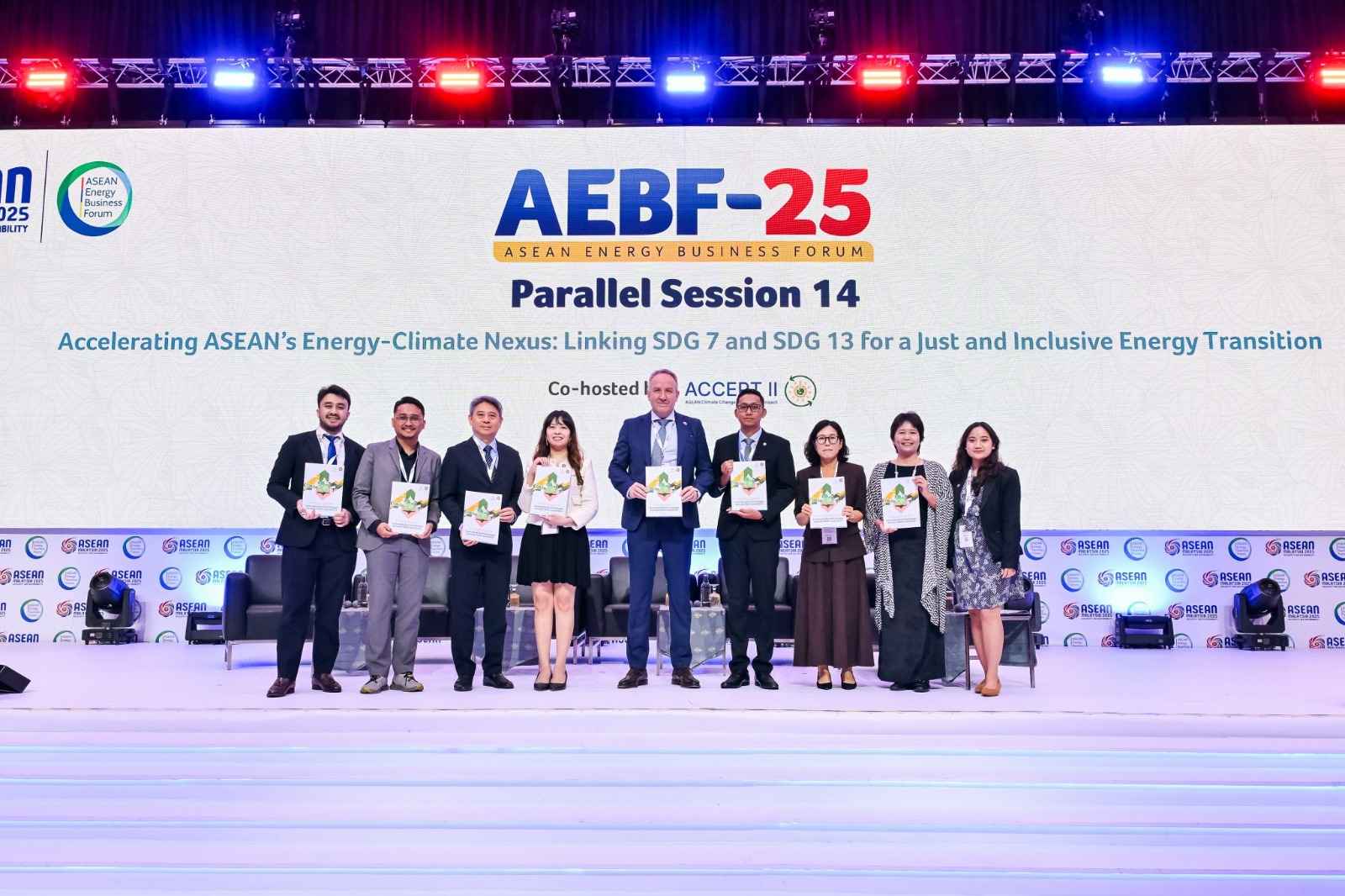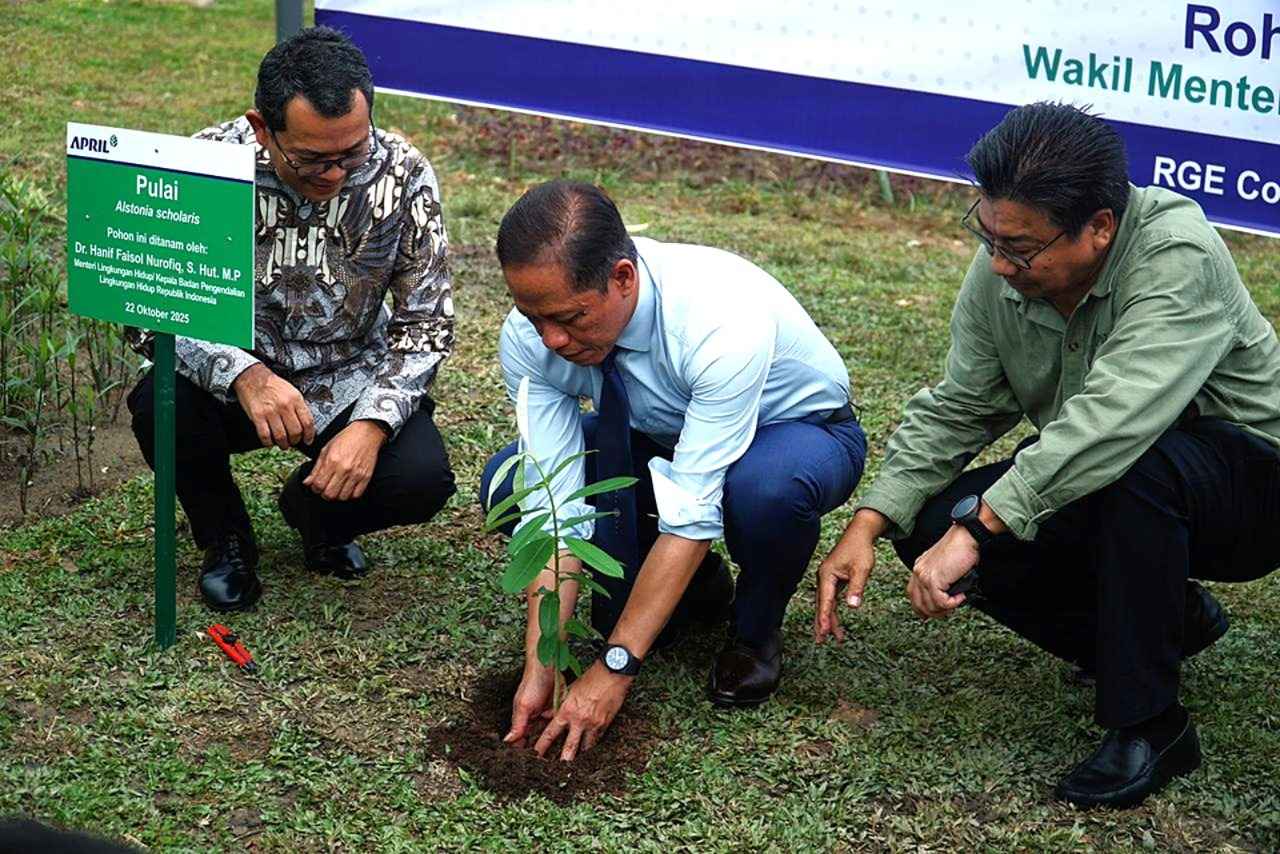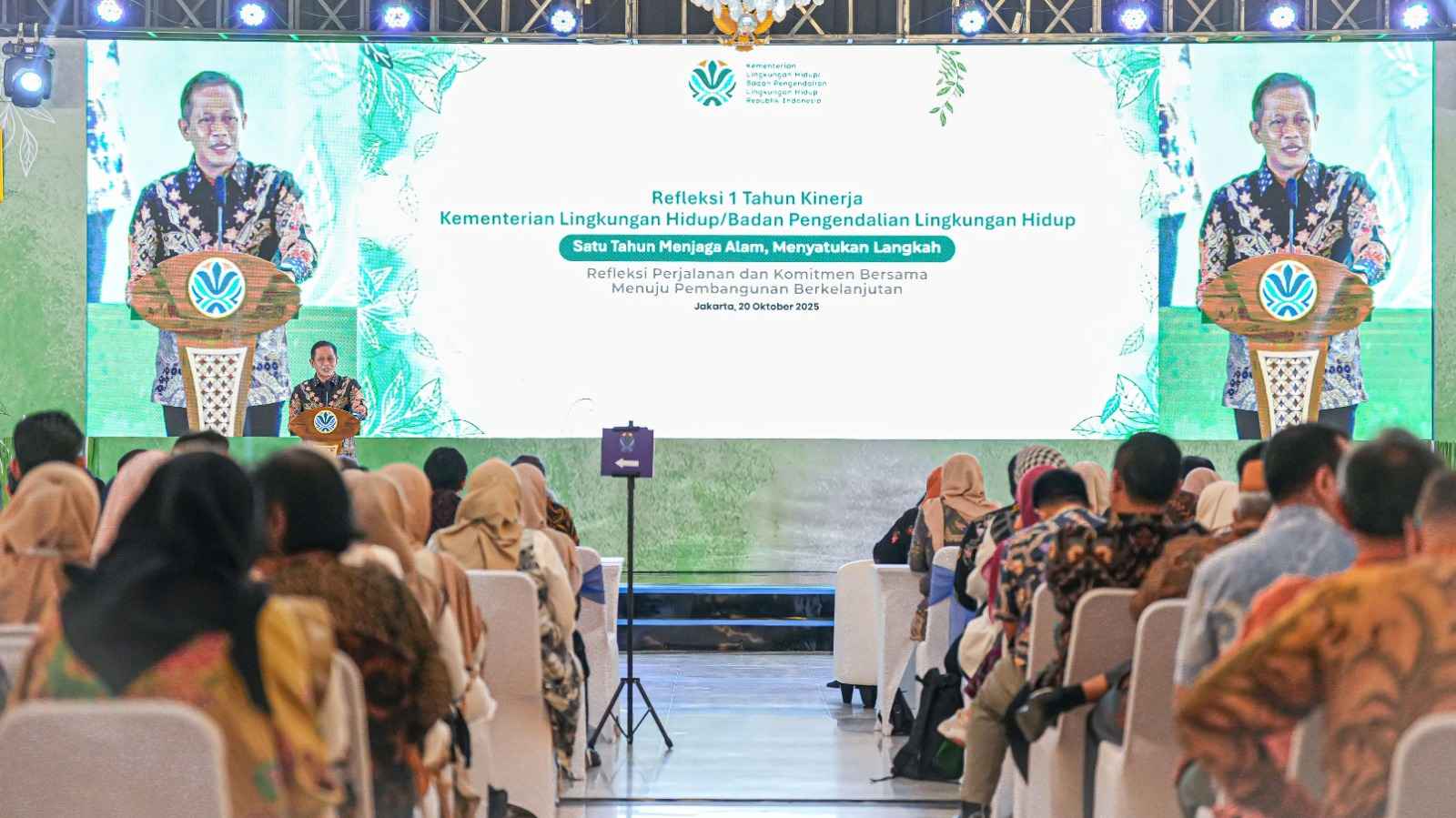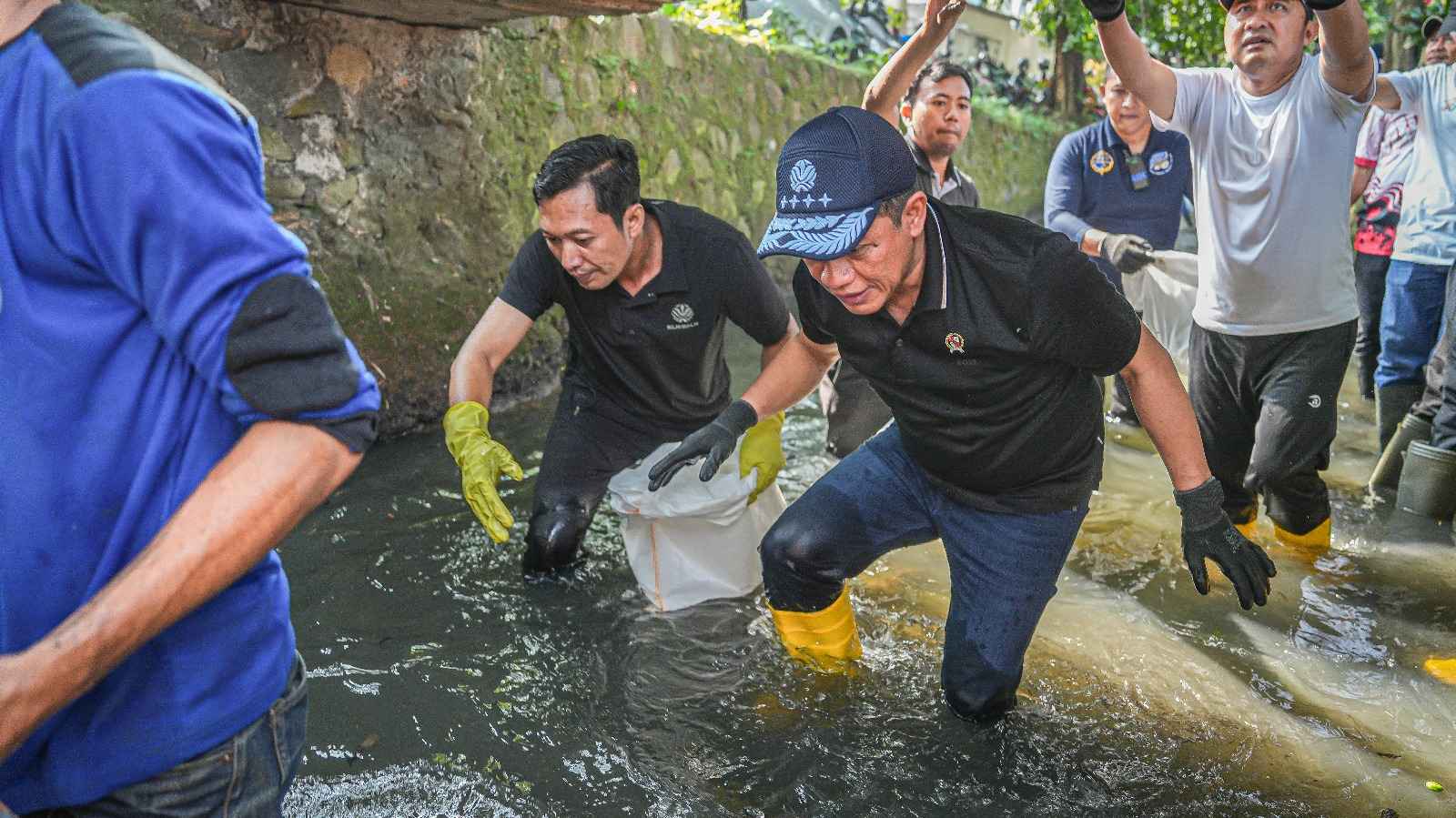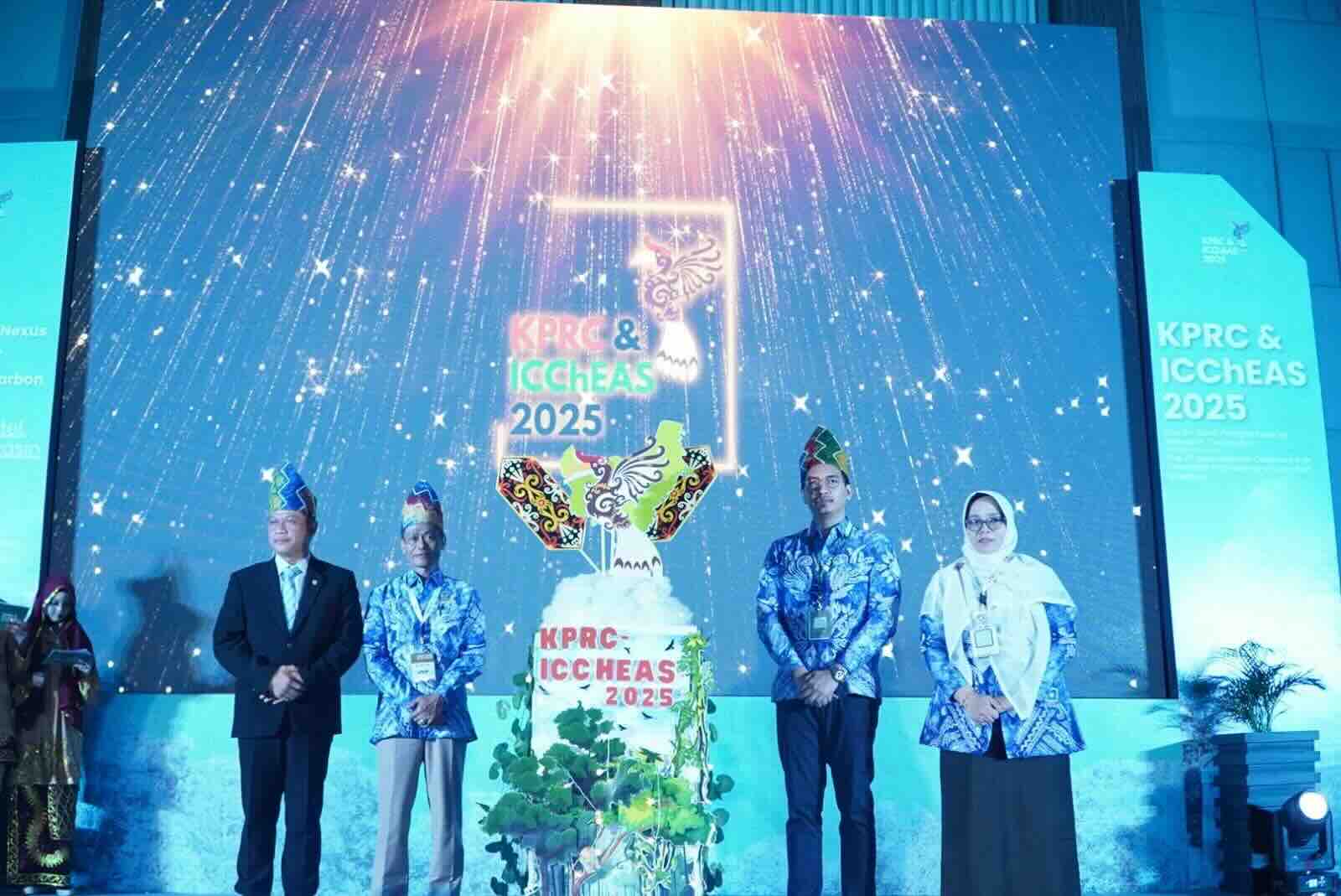Enviro News Asia, Washington, D.C. — The Embassy of the Republic of Indonesia in Washington, D.C., on October 8, 2025, hosted a virtual webinar titled “Unlocking Rice’s Hidden Power: A Path to World Health Transformation” featuring Professor Herry S. Utomo from Louisiana State University (LSU) as the keynote speaker.
The event explored how rice, a staple food for more than half of the world’s population, can serve as a powerful platform for addressing major global health challenges through scientific innovation and agricultural technology.
Ambassador of Indonesia to the United States, Indroyono Soesilo, in his opening remarks, underlined Indonesia’s commitment to advancing agricultural research and innovation that contributes to global food security and health.
He also expressed appreciation for Indonesian scientists abroad who continue to deliver research with international impact. “Innovations like this exemplify how science can bridge food security and global well-being,” the Ambassador stated.
During his presentation, Prof. Utomo highlighted that rice contributes nearly 20% of global caloric intake and sustains over half of the world’s 8.3 billion people, particularly across Asia.
He noted that in 2024, global rice production reached 535 million metric tons, with China, India, and Indonesia leading both production and consumption. “Given its vast reach, rice can be an ideal vehicle for delivering nutrition and improving public health,” he said.
His research team at LSU has developed non-GMO rice cultivars with significantly improved nutritional properties, including high protein (53% higher than conventional rice), ultra-low glycemic index (GI 41), and enhanced resistant starch and γ-oryzanol levels.
These nutritional enhancements help stabilize blood sugar levels, lower LDL cholesterol by up to 15%, and reduce total cholesterol by 7–10%, making the rice particularly beneficial for individuals with diabetes and cardiovascular disease.
Prof. Utomo explained that a cup of his high-protein rice delivers 6 grams of protein, comparable to oats or whole wheat, helping prevent hidden malnutrition in populations that rely heavily on rice.
He further emphasized that such innovations could support the fight against the triple global burden of malnutrition, protein deficiency, and metabolic disorders—conditions that collectively affect billions worldwide.
He also cited alarming global health data from 2024: 673 million people face hunger, 2.6 billion cannot afford a healthy diet, and 589 million adults live with diabetes, a figure projected to reach 853 million by 2050.
Additionally, 612 million people are living with cardiovascular disease, responsible for about 19.2 million deaths annually, or one in three global deaths.
“These numbers show why food must evolve into medicine,” Utomo said. “Functional rice can serve as a scalable, culturally accepted, and low-cost tool to fight malnutrition and chronic disease without changing how people eat.”
The webinar also explored pathways for collaboration between LSU and Indonesian research institutions to adapt and cultivate functional rice varieties domestically.
Prof. Utomo expressed readiness to work with Indonesia’s Ministry of Agriculture and related agencies to facilitate technology transfer and capacity building.
Closing the session, Ambassador Indroyono Soesilo reiterated that Indonesia’s science diplomacy will continue to promote innovation for sustainable food systems.
“The Indonesian Embassy in Washington, D.C. will remain a bridge for bilateral research cooperation, especially in developing nutritious, functional, and sustainable food for the world,” he concluded.
(*)





